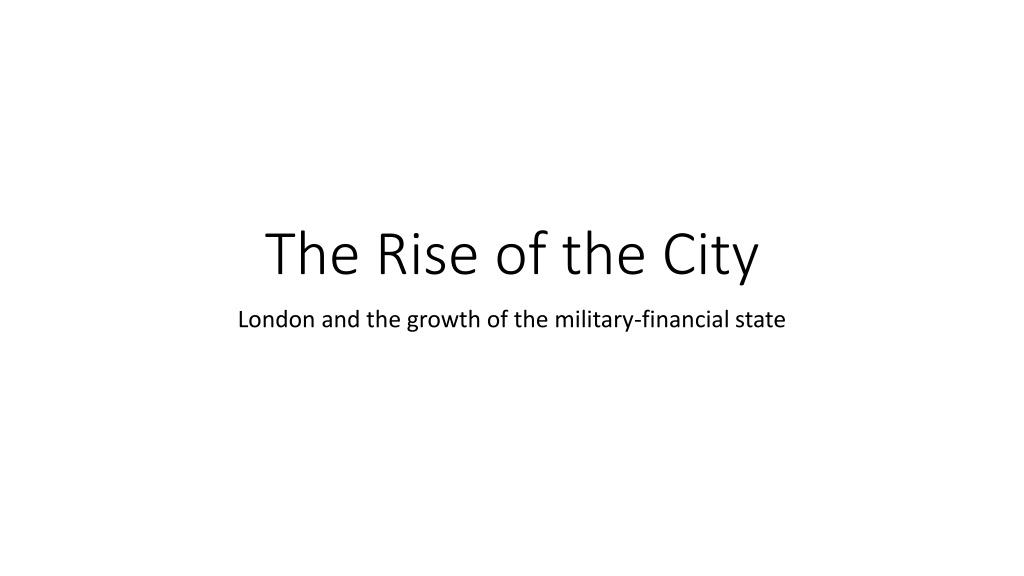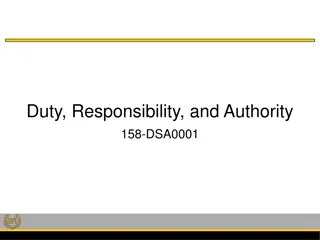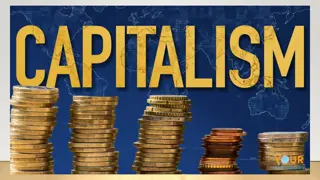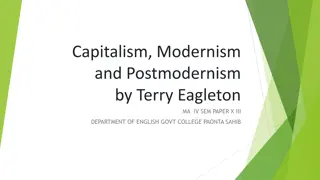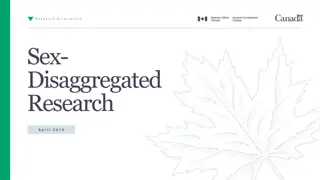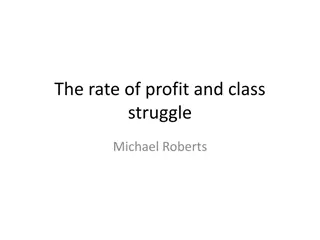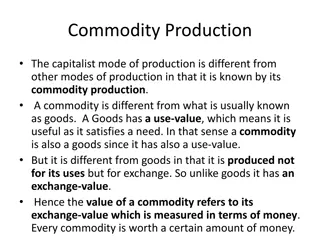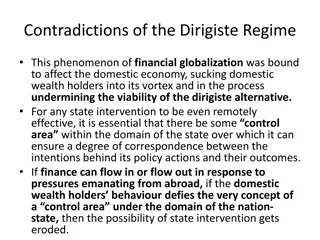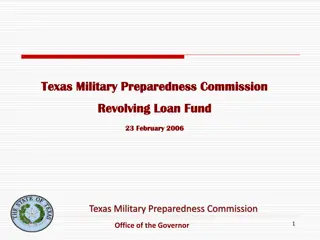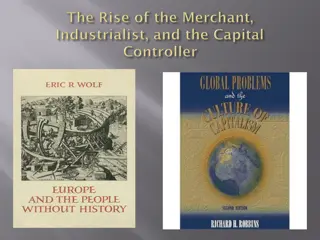The Evolution of London: Military-Financial State to Capitalist Metropolis
The rise of London as a military-financial state led to the growth of the aristocracy and state capitalism. The dissolution of monasteries fueled the rise of gentry and landholders, with practices like enclosure and rent-racking becoming common. The development of the credit system and the legalization of usury played crucial roles in shaping a consumer society in Tudor-era London. The exploration of the Americas and the emergence of new ethics like the Protestant work ethic further transformed the city into a bustling metropolis.
Download Presentation

Please find below an Image/Link to download the presentation.
The content on the website is provided AS IS for your information and personal use only. It may not be sold, licensed, or shared on other websites without obtaining consent from the author. Download presentation by click this link. If you encounter any issues during the download, it is possible that the publisher has removed the file from their server.
E N D
Presentation Transcript
The Rise of the City London and the growth of the military-financial state
Rise of the Aristocracy Dissolution of the Monasteries saw rise in number of gentry as well as large landholders (both among Catholics and Protestants) Landholders sought greater profits: enclosure, rent-racking, and drainage of the fens (in marshlands); erosion of the Commons Some Churchmen (mostly puritan) vocally attacked moneyed social sins and the legalization of usury (Tudor development)
State Capitalism: The Monopoly Medieval monopolies (guilds) increasingly replaced by royal monopolies (corporations); reflects centralization (e.g. East India Company, 1600) Royal Projectors : state-sponsored entrepreneurship but question of oversight receives backlash (e.g. Draining of the Fens) Aristocracy not opposed, but want to control management; royal center makes monopolies dependent on monarch (not Parliament)
The Credit System: A National Phenomenon Consumer Society: Tudor-era sees loss of money in wars and taxes, as well as expansion of trade, people (from low to high) practice social-credit to offset problem London as Metropolis: center of internal trade, merchants grow in use of credit, sale of securities (deficit financing viz. land), and collective risk sharing (insurance) Legalization of Usury: expands loans (to poor and rich) and creates nascent banks (goldsmith- bankers; linked to land and trade)
A New World: Americas and Alchemy World is zero-sum game: mercantilist concern about loss of wealth (precious metals) fueled colonization efforts (e.g. Elizabethan settlement of Virginia, expeditions to New England, etc.) Hartlib Circle: mid-17thc. reading group, fused alchemical ideas and mystical theology to see world as potentially infinite and perfectible; focus shifts to industry What is wealth?: Debate over labor, land, money and credit
The Spirit of Capitalism?: New Ethics Kidderminster (1650-91): Baxter s neo-nomian theology welds salvation to productivity (uneasy balance between work and wealth) The Protestant Work Ethic: Baxterian ethics attach to growing class of commoner, Dissenting, manufacturers in small cities/large towns Industry as Wealth: potential in labor to generate wealth linked to new technologies to harness labor
The Bank of England (1694) Whig Interests: large land-magnates and London merchants (intermingling as a class) + manufacturing (linked to Dissent) The Revolution: William needs for war on continent, but worries about strain of taxes on population (legitimacy crisis); establishment of a national debt The Bank: public-private entity, linked to wealthy Whig Junto members (e.g. Wharton), Parliament as guarantor to improve investments
The Military-Financial State Cromwellian/Restoration Centralization: state (king-in-parliament) became involved more in economic management, national expansion (colonial organization), and international policing (rise of navy) Problem of Royal Power: Stop of the Exchequer (1672) damaged English (monarch) credit William s War (1688-1697): financiers and merchants gain wealth through war; warfare and expansion linked to wealth; further wars intensify the connection
Managing the Debt Tax Regime: land, customs, and excise taxes (90% of state income) service loans, facilitate greater borrowing (at lower interest), and attract investors (in Britain and abroad) Stability of Parliament meant stability of investment, creating securities trade (creation of stock exchange) that attracted greater investment, which meant more money for war
Enemies of the Money-Interest Tory Critics: concern about perpetual war and moneyed- interest , push for land-banks but fail Whig Critics: concern about centralized corruption, state- monopolies ruin small merchants and tradesmen (proto-free trade) Concern about governing elite clique no longer beholden to monarch or people; utilize journalism and pamphlets to attack regime(s)
Consequences of the Financial Revolution Expansion of English (then British) Empire as global power (able to outborrow and spend more powerful nations like France) State-Capitalism develops new ruling elite: Whig Junto will set the oligarchic model for future British government (whether Whig or Tory); a new landed-financial class (not manufacturing) Expansion of Trade?: Britain s investment in global trades, including slavery (Asiento, 1713), manufacturing (woolens and textiles) and agriculture (sugar, wheat, rice, etc.)
